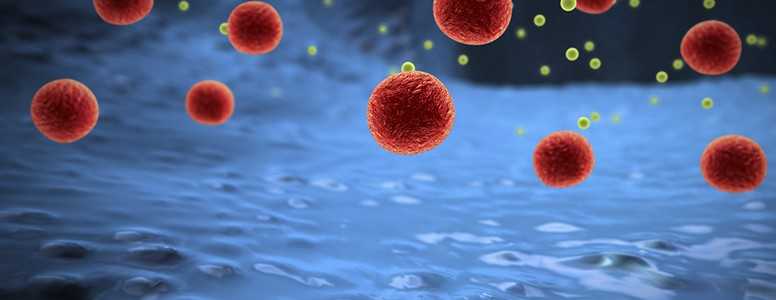Beige fat possesses both the qualities of white and brown fat. It can hoard energy, like white fat, and also burn energy, like brown fat.
Since beige fat cells were identified in 2015, research has since shown that it has the ability to switch between storing and burning energy.
In a new interventio, researchers at the University of California, San Francisco found a way of keeping beige cells in an energy-burning state.
By preventing beige cells from digesting their own mitochondria, Shingo Kajimura, PhD and colleagues protected mice against obesity and symptoms of prediabetes.
“We knew that the colour of brown and beige fat comes from the amount of pigmented mitochondria they contai, so we wondered whether something was going on with the mitochondria when beige fat turns white,” said graduate student Svetlana Altshuler-Keyli, who worked on the study.
The researchers found a cluster of genes related to mitochondria were very active in beige fat, but declined significantly once it turned to white fat.
By controlling a process called autophagy, which occurs when cells digest their own internal components, Altshuler-Keylin boosted beige fat levels in mice that were either exposed to cold temperatures or given drugs to trick the body into thinking it was cold. Exposure to cold is one particular stressor that converts beige fat into an energy-burning state.
The mice that had key autophagy genes deleted retained beige fat longer than normal mice, and also burned energy more quickly. Having been placed on a high-calorie diet for eight weeks, these mice also gained less weight and had better insulin resistance.
Kajimura’s team believe their findings could help research into boosting beige fat in obese people who are more at risk of developing type 2 diabetes.
“With age you tend to naturally lose your beige fat, which we think is one of the main drivers of age-related obesity,” he said.
“Your calorie intake stays the samen, but you’re not burning as much. Maybe by understanding this process we can help people keep more beige fat, and therefore stay healthier.”
The study appears in the online journal Cell Metabolism.








